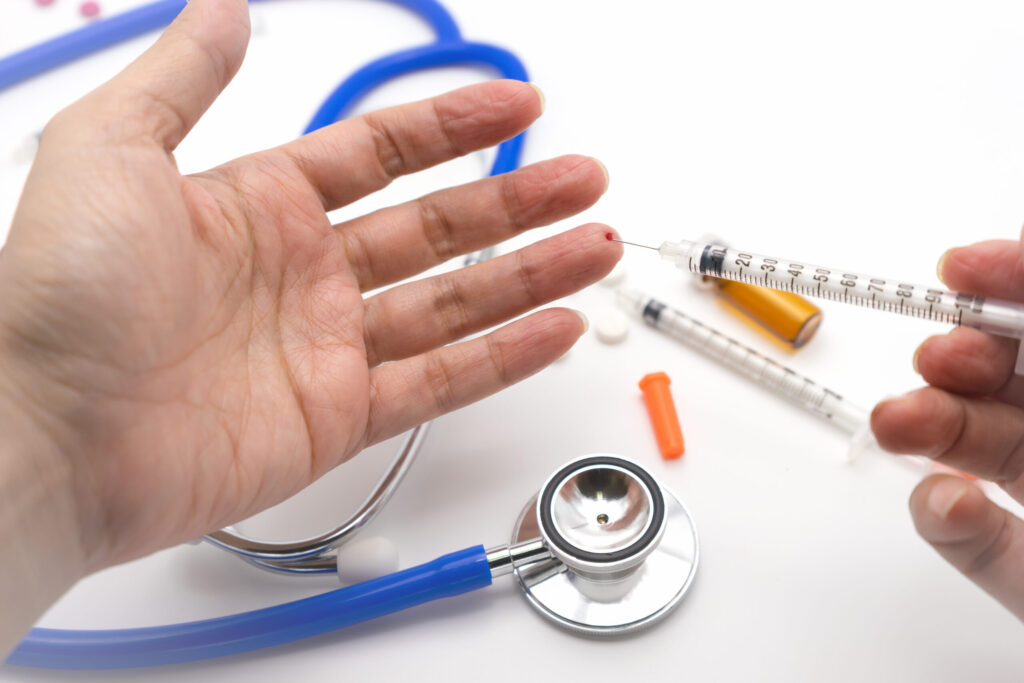Working Safely with Sharps

The OSHA standard for blood-borne pathogens requires that any employee exposed to blood, or other potentially infectious materials (OPIM), follow proper safety precautions when working with needles and other possible contaminated sharps as part of their job duty.
A needle stick or cut from a contaminated sharp is one of the easiest ways health care workers expose themselves to potentially dangerous blood-borne illness, like hepatitis or HIV. Fortunately, most sharps accidents are preventable with the use of proper engineering controls, safe work practices, and personal protective clothing and equipment.
Handling, Storage and Disposal of Needles and Sharps
The best way to prevent cuts and sticks from sharps is to minimize your contact with them. Follow these safety precautions when handling, storing or disposing of sharps:
Never reach into a contaminated sharps container.
Never shear or break contaminated sharps.
Do not recap, bend or remove needles unless medically necessary. If there is no other alternative, make sure to use a mechanical device or one-handed technique.
Dispose of sharps immediately after use.
Dispose of contaminated sharps in designated sharps containers only.
Sharps containers should be puncture-resistant, leak-proof and labeled or color-coded red indicating its hazardous contents. Containers for disposable sharps should always have a lid and be maintained in an upright position to keep liquids and sharps inside.
Do not place contaminated sharps in a full or overfilled sharps container.
Never open, empty or manually clean a reusable sharps disposal container.
Close the lid of a contaminated sharps container before disposing of it.
Place primary sharps containers in secondary containers for disposal if there is any chance the primary container has a leak. Secondary containers should be closable, labeled or color-coded and leak resistant.
Needle Safety
If you are stuck by a needle or other contaminated sharp, or get blood or OPIM in your eyes, nose, mouth, or on broken skin, immediately flood the exposed area with water and clean any wound with soap and water, or a skin disinfectant, if available. Report the incident to your supervisor and seek immediate medical attention.
For more wellness tips, contact INSURICA today.
This is not intended to be exhaustive nor should any discussion or opinions be construed as legal advice. Readers should contact legal counsel or an insurance professional for appropriate advice. © 2023 Zywave, Inc. All rights reserved.



